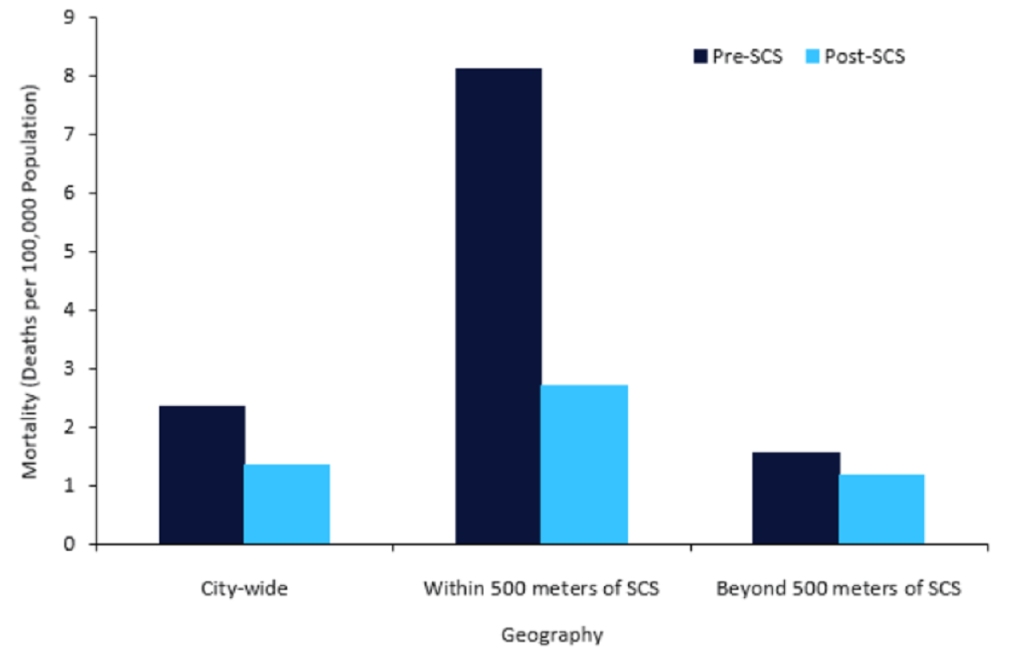There were numerous articles in May 2017 that covered a wide range of topical issues. Here are five of the best stories you might have missed… (click the headline to finish reading the story)
The EMA Factor: The Need for Clarity on the post-Brexit Regulatory Landscape
Brexit has thrown the future of British health care and Pharma into uncertainty, with the implications for funding, staffing and drug regulation largely unknown. While it has been speculated since the June 2016 referendum, it is now almost a certainty that the U.K. will be forced to withdraw from the European Medicines Agency (EMA), membership of which is predicated on belonging to the European Court of Justice.
The EMA presents significant advantages to its member states through the centralized authorization procedure, whereby companies are required to submit only a single application to gain approval for their product for all EU, EEA (European Economic Area) and EFTA (European Free Trade Association) member states. This makes Europe a top priority for companies seeking market approval for their drugs, representing 25 percent of the global market. In comparison, the U.K. alone accounts for only 3 percent.
The loss of this mechanism would certainly make the U.K. of less importance to companies planning product approvals, damaging patient access to cutting edge medicines.
A Transformative Landscape: Clinical Analytics Systems as the Future Tool for Clinical Trial Management
Given our current technological landscape, it is difficult to imagine that approximately 20 years ago, electronic data capture (EDC) was just emerging as a novel tool for clinical trial management. Prior to this, paper collection of data at study sites, followed by duplicative manual data entry and analysis by the sponsor was the norm. Technological innovation of computer systems has made capturing and analyzing data for clinical trials easier, faster and more robust. This has resulted in improvements in data cleanliness and the speed at which the data can be analyzed while enhancing the assurance of patient safety. These advancements have also made it possible to collect even more data from more sources than ever before. Consequently, the implementation of a data analytics system on top of these many data sources used in a clinical trial can provide a transformative landscape for the future management of clinical trials and may facilitate reducing time to database lock, provided it is well designed and thought out.
See Also:
Southern Hemisphere First: An Alternative to the Asia-Pacific Region
There does not seem to be a day that goes by where I do not hear or read about Asia-Pac.
How well do you really know your competitors?
Access the most comprehensive Company Profiles on the market, powered by GlobalData. Save hours of research. Gain competitive edge.

Thank you!
Your download email will arrive shortly
Not ready to buy yet? Download a free sample
We are confident about the unique quality of our Company Profiles. However, we want you to make the most beneficial decision for your business, so we offer a free sample that you can download by submitting the below form
By GlobalDataWhen it comes to conducting clinical trials, numerous individuals stress the importance, potential, and strength of the Asia-Pacific markets. Japan and South Korea boast having some of the best pharmaceutical and biotech companies in the world, and with strong government backing along with a robust contract research organization (CRO) industry, their presence is easily felt.
China and India, being the top countries in the world in terms of population size, are extremely attractive in terms of market potential alone. But is Asia-Pac really the best option for conducting clinical trials? Or is it the right model for only a select few?
Data Integrity Control Strategies – A Matter of Gaining Control
Data integrity is currently one of the hottest topics in GMP compliance and regulatory inspectors are committed to ensure pharmaceutical companies comply with regulatory requirements (as seen in Figure 1). Furthermore and most importantly, data integrity compliance is for the sake of the patients. Data integrity compliance and thereby trustworthy, accurate and complete data are necessary for assuring the safety, efficacy and quality of medicines and medical devices. In the pharmaceutical industry, a lot of emphasis has been put into control strategies within multiple areas: process validation, equipment qualification, production process control, and analytical strategies often applying a wide array of analytical methods. The concept is not widely applied for data integrity controls, but is a valuable tool that forces you to address focal points of data integrity compliance.
Industry Viewpoints: Managing your Supply Chain with Limited Resources
For clinical supply managers, overseeing the supply chain throughout the course of a study could be considered an unenviable task. There are numerous players involved, including the sponsor, CROs, CMOs, investigators, site staff, and of course patients themselves.
Maintaining control of all moving parts is critical to ensuring supplies reach sites in a timely manner, patients receive their medication on time, and the trial runs as smoothly as possible.
But for smaller sized companies, operating on limited budgets and few resources, what are some of the key considerations supply chain managers should take on board when involved in a trial?
In the latest Industry Viewpoints, Clinical Trials Arena sits down with Pedro Pala who’s the Clinical Trial Supply Manager at Bial.
Pala is responsible for the production of drugs and acts as the bridge between the company, the CROs (contract research organizations) and the CMOs (contract manufacturing organizations).
In this interview, Pala speaks to CTA editor, Henry Kerali, about some of the challenges he faces working within the clinical supply chain on limited resources.
PHOTO CREDIT: Rob Nguyen







